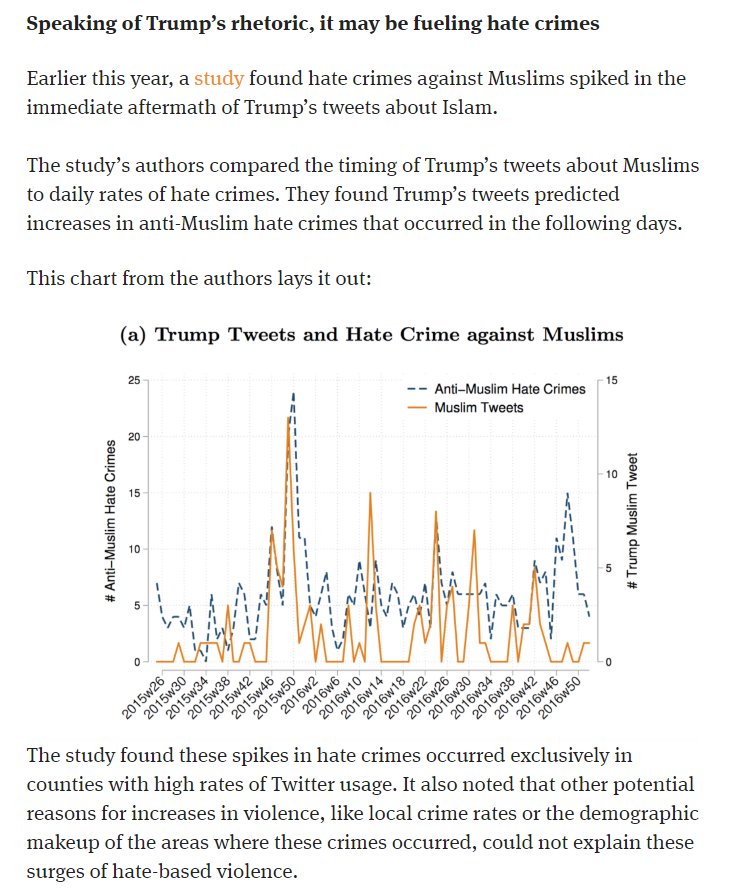How the crackdown on Muslims has worsened around the world this decade
Muslim communities have faced quite the Islamophobic decade.
2019-12-30 12:48
We live in a world of inexplicable paradoxes, on a planet where nations call for tolerance and coexistence but turn their heads away from blatant abuses of these exact concepts. Communities of different faiths and backgrounds across the world continue to be subjected to grave injustices that are being exposed on a daily basis.
In the past decade, it has become evident that an increasing number of Muslim communities are being targeted in specific. From Myanmar's Rohingya to Muslims in China, India, Ethiopia, and even Europe and the U.S., those who adhere to the Islamic faith have been experiencing one brutal crackdown after the other.
Here is a closer look at how the violent attacks on Muslim communities have intensified over the past 10 years:
1. Myanmar's Rohingya
 Photo Credit: Leyal Khalife Source: Facebook/leyal.khalife
Photo Credit: Leyal Khalife Source: Facebook/leyal.khalife
Myanmar's government has long been passing racist policies against the country's Rohingya Muslim community, forcing hundreds of thousands of them to flee their homes in the predominantly Buddhist country.
Violence against the community significantly escalated in this past decade. In 2012, longstanding tensions between the Rohingya Muslims and ethnic Rakhine Buddhists erupted in violent rioting, killing nearly 200 people and displacing 140,000 others.
In 2017, the most expansive exodus of the community started after violence broke out in Myanmar's Rakhine State in response to a Rohingya insurgent group attacking local police stations and an army base.
Prior to this violent episode, there were an estimated 307,500 Rohingya refugees, a number that doubled since the 2017 events.
Rohingya refugees mainly flee to neighboring Bangladesh, where they live in refugee camps and lack the most basic of human necessities.
2. China's Uyghur Muslims
 Source: Radio Free Europe
Source: Radio Free Europe
China's Uyghur Muslim community has been subjected to horrific torture and violence for decades but the crackdown against them has certainly become worse over the last 10 years. So much so that activists and human rights groups have called the Chinese government's conduct a form of "campaign of ethnic genocide."
This decade, it was revealed that the Asian country's government has locked up over a million Muslims in concentration camps in an attempt to brainwash them. The entire Muslim community in the country is constantly harassed, monitored, spied on, and denied their most basic rights.
In October, a Muslim woman who escaped one of China's "re-education camps" - after being detained in November 2017 - said inmates were "gang raped, subjected to torture and medical experiments and forced to eat pork." State-sponsored oppression doesn't stop at that and extends to the most private aspects of Chinese Muslims' lives.
The country bans parents in the community from choosing specific Islamic names for their newborn children. Wearing burqas and donning "abnormal beards" is also prohibited across the nation. Regulations passed in recent years have meant that Muslims are forced to watch state television and are provided with guidelines on how their children can be educated.
In 2017, Xinjiang's Muslims were reportedly ordered to turn in all religious items to police including prayer mats and copies of the Quran.
3. Muslim communities in India
Massive protests in #India over the anti-Muslim citizenship bill. Individual rights are not safe in India.117 people are talking about this
Nearly 15 percent of India's 1.3 billion population is Muslim, yet the country has been increasingly discriminating against the religious community.
Earlier this month, the Indian government approved a law that grants citizenship based on religion in what has been described as a violation of India's international legal obligations, Human Rights Watch said.
The amended law seeks to grant citizenship to "persecuted minorities" from Bangladesh, Afghanistan, and Pakistan with the exception of Muslims. It has also been said to go against the country's secular constitution with many raising concerns that India is becoming a "Hindu state that treats Muslims as second-class citizens."
Mass protests were launched across the country since the bill was passed on Dec. 12. Riots against the legislation have turned deadly, leaving at least 27 people dead.
Local police have also cracked down on Muslim protestors, violently beating them and arresting hundreds in a move that has been condemned by several human rights organizations.
4. Muslims in Ethiopia
 Source: Twitter/SeifGebre
Source: Twitter/SeifGebre
Muslims make up around a third of Ethiopia's population and have long co-existed in peace alongside Christians and other religious groups.
Sectarian strife resurfaced in the country earlier this year and violent incidents have been on the rise. In February, five mosques were set on fire in two separate attacks reported in the country's South Gondar zone, located in Amhara regional state.
In December, the country witnessed another series of attacks on four other mosques in an incident that has shaken Muslims in the country into protests. Several Muslim-owned businesses were also targeted in the most recent attacks.
Muslim and Christian leaders in Ethiopia have since spoken out against the incidents, warning that action must be taken against perpetrators to prevent further escalations.
5. Muslims in Europe

Muslims in Europe have been on the receiving end of hate and Islamophobic attacks for years and things have only gone downhill for them this past decade.
The increase in racist and discriminatory incidents taking place in European countries coincides with the rise of Islamophobic politicians ascending to power in the region. Far-right parties and leaders have been doing exceptionally well in Europe in recent months. From France to Germany, Sweden and Britain, their rise to power means one thing: More vile attacks on Muslim communities.
Studies have also revealed that a staggering number of Europeans do not want to co-exist with Muslims and do not believe people who adhere to the faith can integrate into local communities.
6. Muslims in the U.S.
#CAIR Islamophobia Watch: .@realDonaldTrump Tweets and Hate Crimes Against Muslimsrevealnews.org/blog/the-hate-
See CAIR National's other Tweets
Muslims have had it tough in the U.S. since the 9/11 attacks on the World Trade Center in 2001. Things have escalated in the past 10 years and continued to worsen after Donald Trump became the country's president.
The now-impeached leader is Islamophobic himself and shows absolutely no restraint when it comes to attacking Muslims. His Twitter tirades on the community appear to have a disturbing real-world effect on anti-Muslim hate crime rates. The numbers of these crimes has skyrocketed across the states since Trump ascended to power.
Under his reign, several anti-Muslim bills took effect, namely what has been dubbed the "Muslim ban." The original ban, which was officially signed in 2017, denies citizens of Iran, Iraq, Somalia, Sudan, Yemen, Syria and Libya from getting U.S. visas. Though it has been blocked by local courts several times, the ban continues to affect Muslims traveling into the country from these nations.
Trump also signed another ban targeting refugees and immigrants from Muslim majority countries. Though the president's administration and supporters have constantly argued that bans passed by him do not specifically target Muslims, all countries included in them have Muslim-majority populations.





Comments
Post a Comment